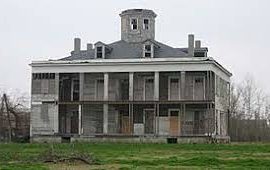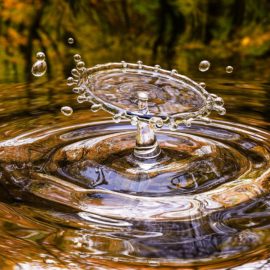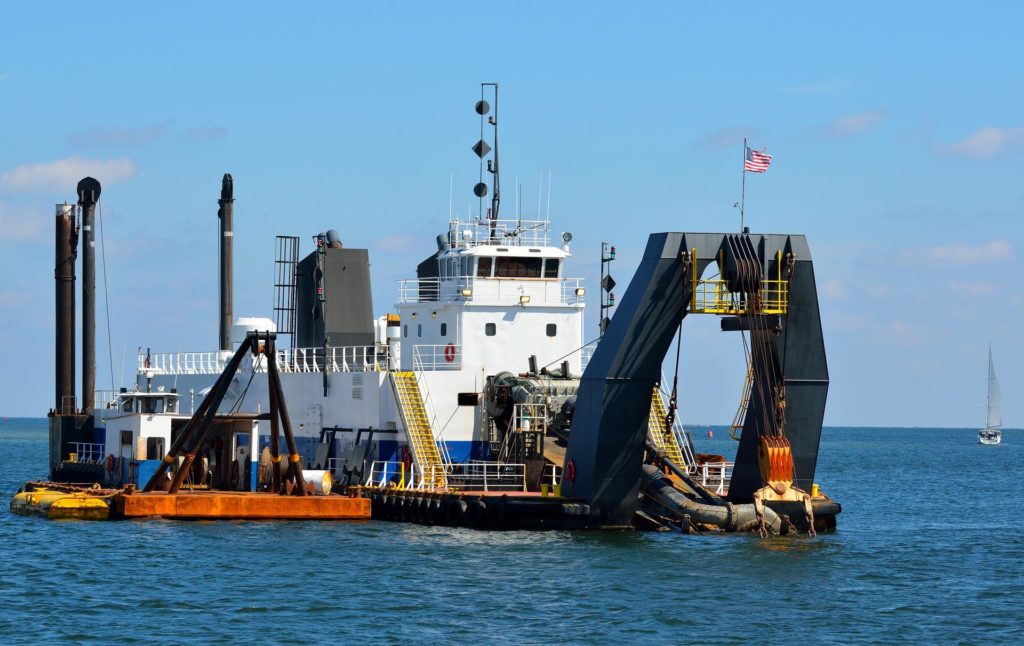
You may be the largest dredging company but cause an oil spill and you pay.
Houston-based Great Lakes Dredge & Dock Co. LLC, the nation’s largest dredging company, has been ordered by a federal judge to pay a $1 million fine after pleading guilty a year ago to criminal charges of causing the spill of 160 barrels of oil in Bay Long in 2016 while rebuilding Louisiana’s Chenier Ronquille barrier island east of Grand Isle. The charges stem from an incident where the driver of a marsh buggy equipped with a small dredge cut an oil pipeline while clearing a canal used by Great Lakes workers to access the island they were rebuilding under a $36 million contract with NOAA. But neither Great Lakes nor the worker were authorized by NOAA to be working in that canal, according to federal officials. Great Lakes pleaded guilty in June 2021 to misdemeanor charges of violating two federal laws, the Clean Water Act and the Pipeline Safety Act, and failing to make use of Louisiana’s “One Call” program to alert pipeline operators when work was planned near their pipelines. The sentence was handed down last week. “The defendant in this case recklessly violated regulations designed to protect the environment and then tried to hide their actions,” said Kimberly Bahney of EPA’s criminal enforcement program in Louisiana, in a news release announcing the sentencing. “This sentencing demonstrates that we will hold violators responsible for breaking our environmental laws.”
NOLA.com
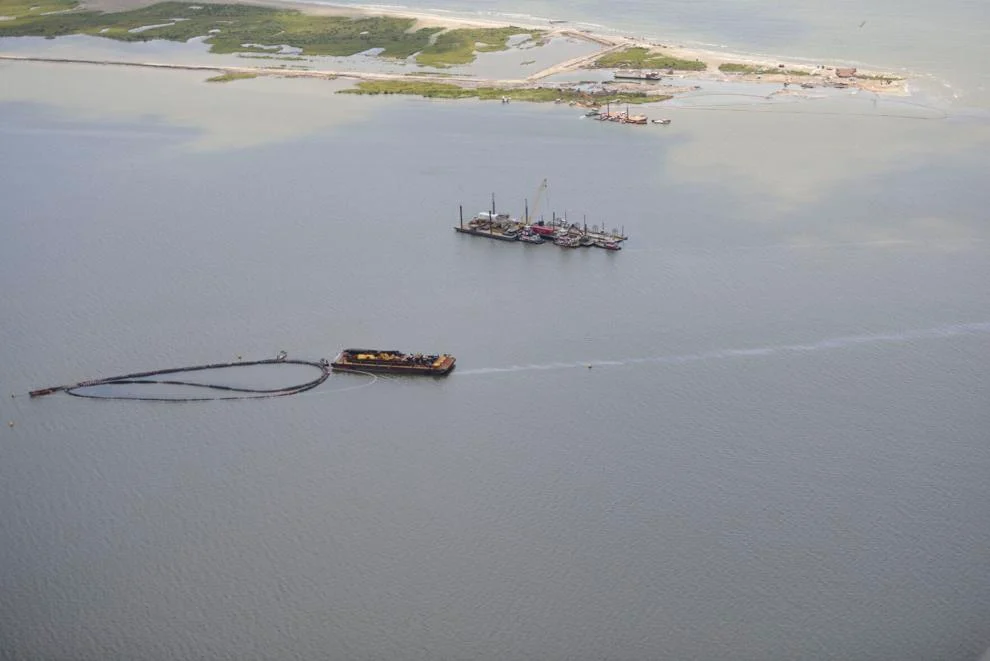
(U.S. Coast Guard) U.S. Coast Guard District 8
The marsh buggy driver was also charged but cooperated with the prosecutors.
James Tassin of Houma, a marsh buggy driver with Shallow Water Equipment LLC, pleaded guilty in March 2021 to a misdemeanor charge of violating the Clean Water Act for his role in the spill, after agreeing to cooperate with federal officials in their investigation of Great Lakes. He is scheduled for sentencing on that charge on Aug. 16. According to a U.S. Justice Department news release, court documents in Tassin’s case showed a Great Lakes supervisor instructed Tassin to use the marsh buggy to dig near pipelines, even though the digging was not part of plans approved by NOAA for the restoration project, and without Great Lakes getting approval from companies operating pipelines in the area that the dredging would be safe. On Sept. 5, 2016, Tassin hit a pipeline jointly owned by Harvest Pipeline Co. and Arrowhead Gulf Coast Pipeline, LLC, that was in the canal he wasn’t supposed to be working in, according to a summary filed in March 2021 by federal prosecutors along with Tassin’s guilty verdict. Tassin reported to Gulf Coast’s site manager that a sheen had begun to form in the canal, and the manager told him to remove evidence that he was working in the wrong place — a berm he was building with sediment removed from the canal — and not tell anyone what had happened, according to the summary.
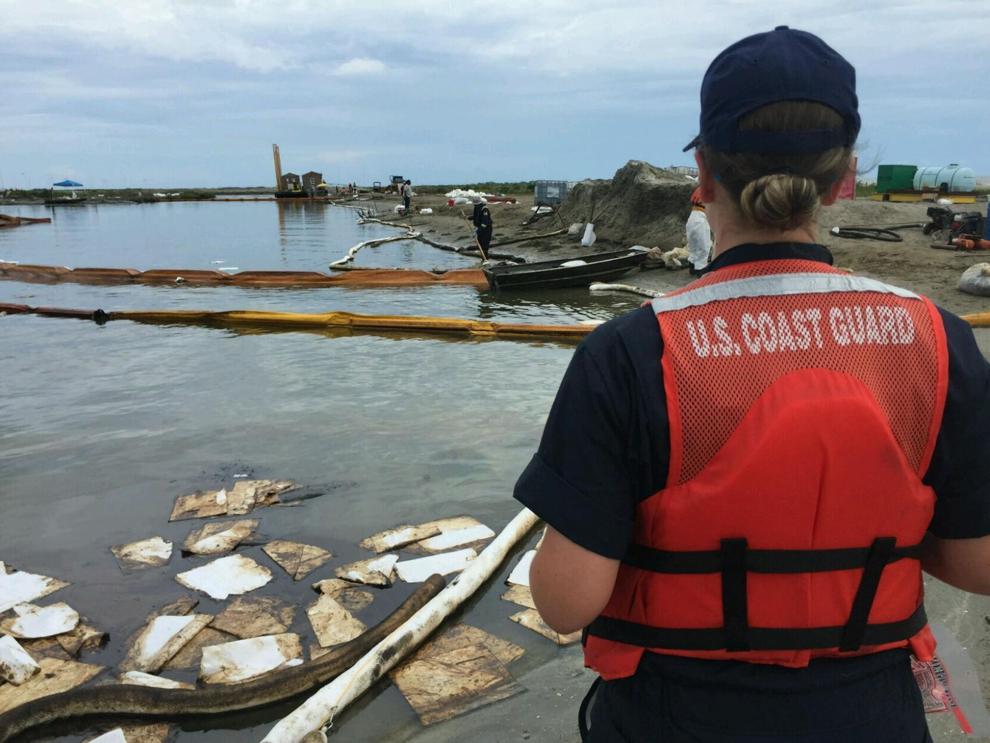
(U.S. Coast Guard) U.S. Coast Guard District 8
The Coast Guard oversaw the cleanup.
The ensuing oil spill resulted in a cleanup overseen by the Coast Guard that included more than 140 workers, 36 boats, 11 skimmers and 12,000 feet of boom. At least 200 birds were oiled, according to the Coast Guard. The pipeline spill cleanup was originally paid for by Harvest and Arrowhead, who then filed a civil damages lawsuit against Great Lakes and Shallow Water, which was settled late last year. That settlement required Great Lakes to pay $3,166,667 and Shallow Water to pay $1,666,667 to the pipeline companies. U.S. District Judge Greg Guidry, who oversaw the sentencing, last week also turned down a request by Justice Department attorneys to require Great Lakes to pay a total of at least $6 million in restitution for the spill, ruling that a complex investigation into the costs associated with the spill would be too unwieldly, “while unnecessarily stalling an end to the Chenier Ronquille incident.” “In any event, the restitution amount ultimately determined by this court would likely not vary significantly from the number Harvest and Great Lakes fairly agreed upon” in their civil suit settlement, Guidry said.
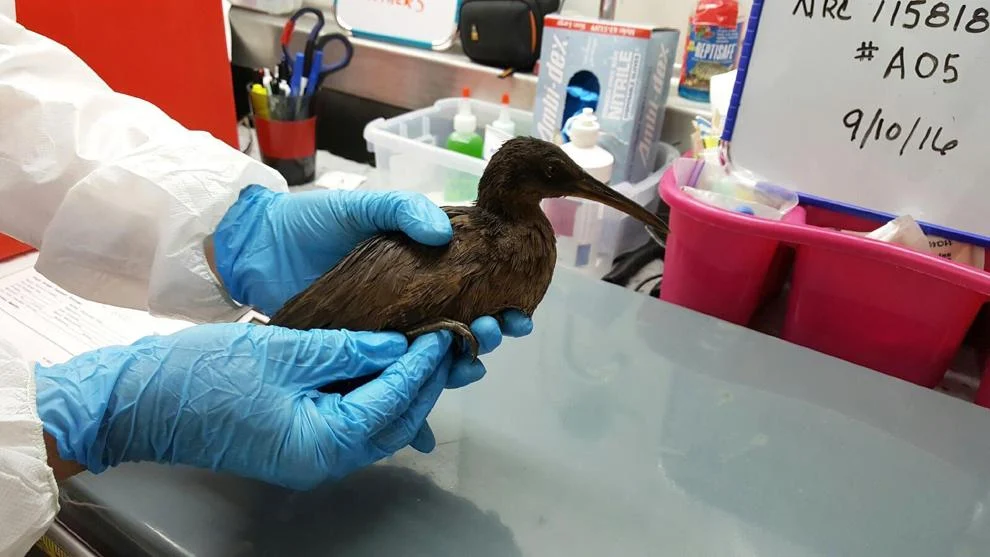
(U.S. Coast Guard) U.S. Coast Guard District 8
Great Lakes did not comment but don’t want to be debarred so they can still bid on projects.
Great Lakes officials did not respond to requests for comment on the company’s sentence and fine. However, in a March report to the Securities & Exchange Commission, the company warned that if federal officials decided to file debarment proceedings prohibiting the company from doing business with federal agencies following its sentencing, it “might prohibit the company from bidding for, entering into or completing certain government projects.” The U.S. Attorney’s office in New Orleans did not immediately respond to questions about whether it would file a civil suit to collect any additional response costs for the incident, or whether the federal government would order Great Lakes to be debarred. Officials with the U.S. Army Corps of Engineers said existing contracts with Great Lakes worth millions of dollars for dredging the Mississippi and other rivers and harbors would not be affected unless a debarment order is issued. Officials with the Louisiana Coastal Protection and Restoration Authority said existing contracts with Great Lakes for dredging involving other coastal restoration projects also would not be affected unless a debarment order is issued. Harvest Pipeline, which as owner of the damaged pipeline is considered the responsible party for the spill under the federal Oil Pollution Act, will also be responsible for paying for any natural resource recovery projects that could be required following completion of a natural resource damage assessment, said Karolien Debusschere, deputy Louisiana Oil Spill Coordinator.
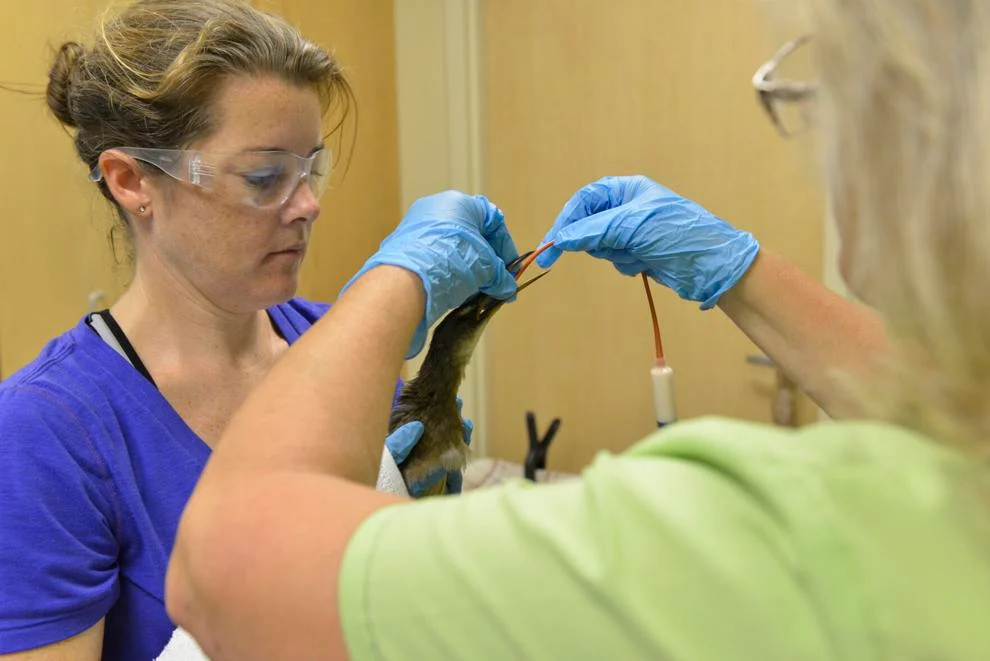
U.S. Coast Guard
The simple solution is first don’t cause the spill and the second own up to it right away.

